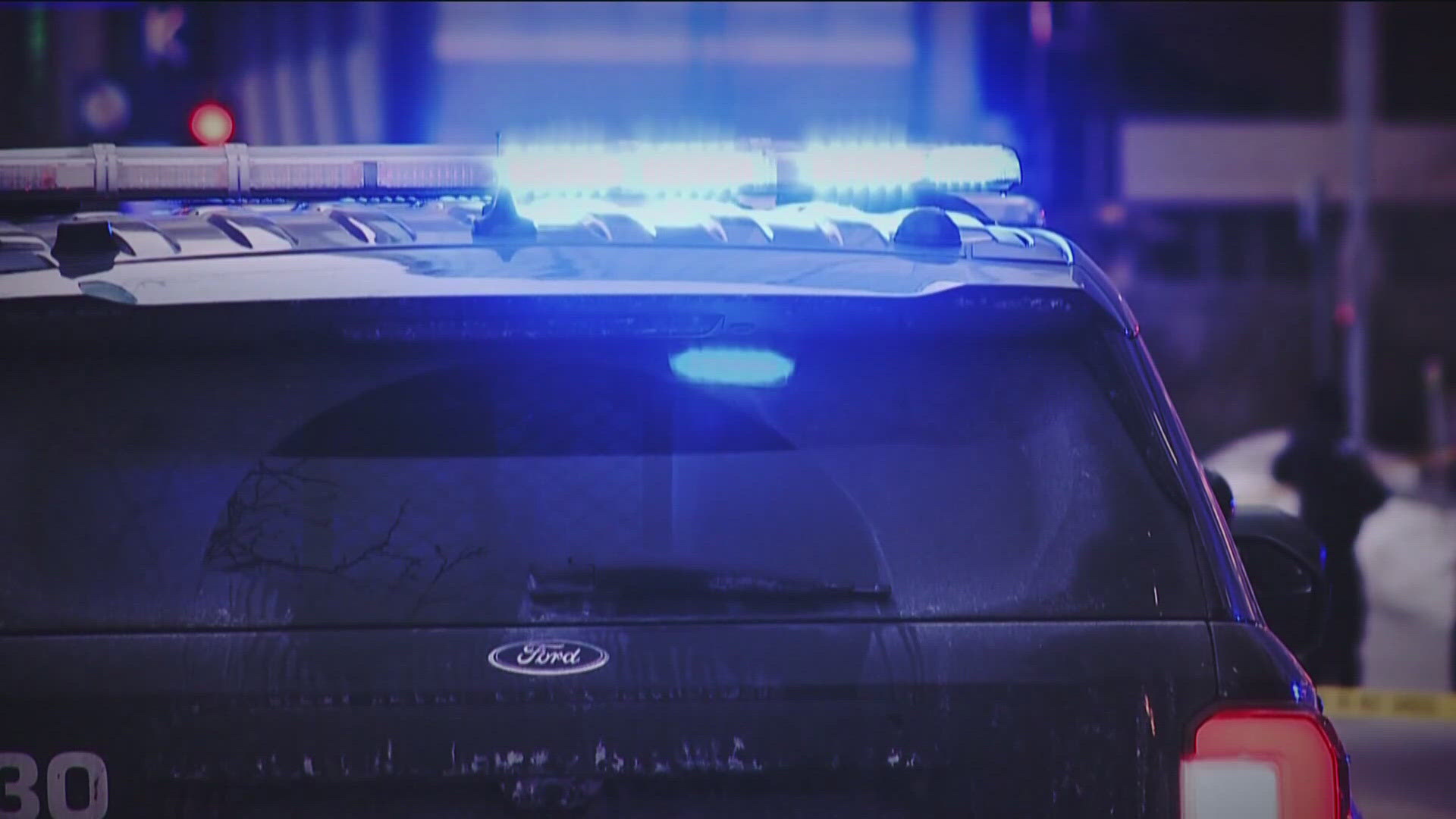MINNEAPOLIS — Some members of the Minneapolis City Council want to take a closer look at the private security work police officers do using department squad cars, uniforms and other city-issued equipment.
Council Member Robin Wonsley is seeking a study of the costs that taxpayers incur when officers use department assets while moonlighting during their off-duty hours. If her idea is approved by the full City Council, it would be the first step toward setting up a system to charge fees to businesses that hire off-duty officers.
"We want to make sure there are standardized fees, so that business owners know what they will have to pay if they are soliciting services for officers for their off-duty work," Wonsley told reporters Monday. "Ideally, these regulations both ensure protections for officers but also for business owners seeking these services as well as the general public."
There's a long tradition in the United States of law enforcement of officers working freelance security jobs in their off-hours while in department uniforms. Some departments bill the business for the officer's time, while others simply allow the officer to contract directly with a business.
In Minneapolis, officers - for the most part - are paid directly by the business for their off-duty security work.
Defenders of the tradition assert it's a way to expand the coverage of the police department because officers who would otherwise be sitting at home are instead in a position to improve safety and, if necessary, make arrests. They say it wouldn't be practical for them to use their personal cars, especially in situations where they have to arrest someone while working security and haul them to jail.
But City Council President Elliott Payne said a fee system would add more transparency to the moonlighting system. A 1997 court decree bars the city from ending the practice of moonlighting.
"There is a challenge in tracking the amount of hours officers are working when they’re off-duty by having a fee associated with this," Payne told reporters. "This will allow us to make sure we’re tracking those moments so that we’re not overworking those officers."
A city audit report in 2019 showed that 71% of the officers worked at least one off-duty shift that year, while 8% of officers did so much moonlighting that their combined public and private workweek exceeded 64 hours at least five times.
That was before the COVID pandemic and the mass exodus of officers from the MPD following the murder of George Floyd. The Minneapolis Police Department was unable Monday to provide updated moonlighting data on short notice.
City Council Member Linea Palmisano asked for the original audit after then-officer Mohamed Noor fatally shot Justine Ruszczyk in South Minneapolis in 2017. Noor had finished a seven-hour private security shift just 90 minutes before starting his official police department shift on that night.
Palmisano said she'd prefer to go to a system of billing businesses for officers' freelance work, but doesn't believe it's allowed under the 1990s court order.
"I’d rather bring this entire entity in-house, but to do that we will have to go back to the settlement agreement of 1997 and the original injunction from 1995," Palmisano told her colleagues Monday. "Right now, the only changes that can be made are outlined in that settlement agreement and this isn’t one of them."
Palmisano said he believes MPD has made progress recently in tracking the off-duty work of officers.
"We do know that Chief O’Hara has implemented some very significant policy changes so the city knows when and where his police are working, with significant penalties if we don’t."
A United States Department of Justice review of MPD prompted by the murder of George Floyd was critical of the department's moonlighting system. The report pointed out that officers typically earn more on their freelance jobs than they can make if they worked overtime for the city.
The Justice Department also noted that lower-ranking police officers can control which freelance jobs their own supervisors get, which could - in theory - make it harder for those supervisors to instill discipline.
Wonsley said the system needs reforms because officers are allowed to use city equipment in ways that wouldn't be allowed in any other city department.
"Public works cannot take a city truck and say, 'I’m just gonna go and pick up trash for my local block and tell all my neighbors you pay me instead of the city'."

